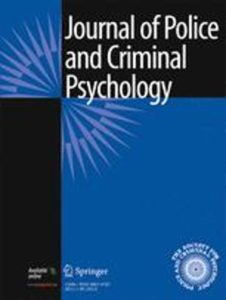Clusters of Nonverbal Behavior Differentiate Truth Tellers from Liars

Evaluating truthfulness and detecting deception is a capstone skill of criminal justice professionals, and researchers have long examined nonverbal cues to aid in such determinations. This paper examines the notion that testing clusters of nonverbal behaviors is a more fruitful way of making such determinations than single, specific behaviors. Participants from four ethnic groups participated in a mock crime and either told the truth or lied in an investigative interview. Fourteen nonverbal behaviors of the interviewees were coded from the interviews; differences in the behaviors were tested according to type of question and veracity condition. Different types of questions produced different nonverbal reactions. Clusters of nonverbal behaviors differentiated truth tellers from liars, and the specific clusters were moderated by question. Accuracy rates ranged from 62.6 to 72.5% and were above deception detection accuracy rates for humans and random data. These findings have implications for practitioners as well as future research and theory.

